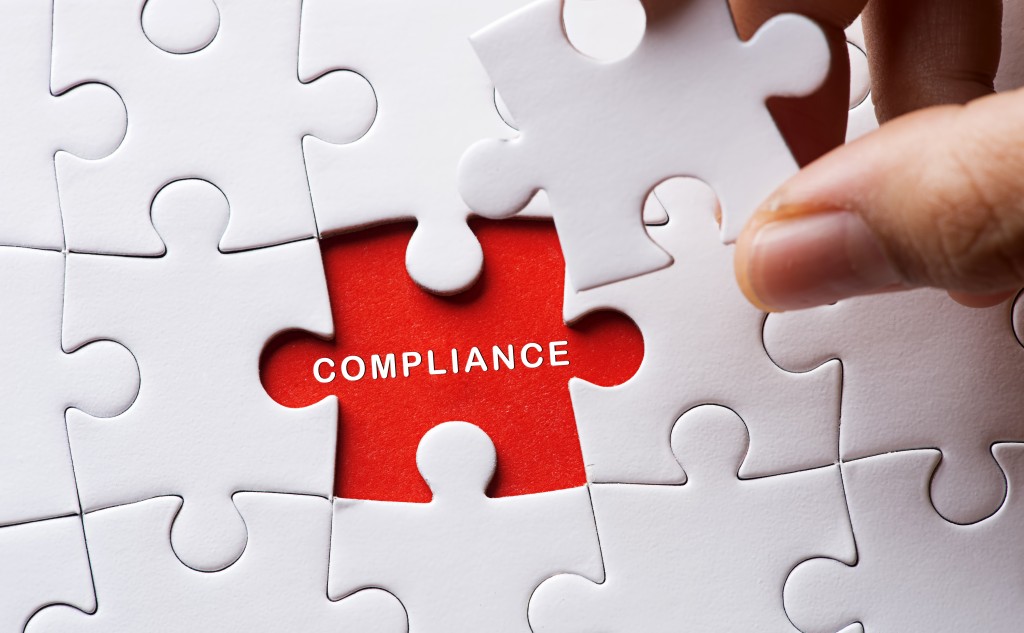Keeping your business compliant with the local business laws is a must to protect it from punishment and exorbitant fees. Registering your business as a corporation or an LLC can give you a lot of benefits, such as saving on taxes and separating your assets. However, it also comes with a lot of requirements to stay compliant with all the rules and regulations.
Non-compliance with state laws can mean penalties or lawsuits for your business, which can cause detrimental damage to your company’s reputation. That said, keeping compliant is a crucial part of maintaining a business and making sure your status stays in good standing.
Keep your taxes in check
This is a bit of a no-brainer, but many small businesses still run into trouble when it comes to their taxes. If the bookkeeping is getting too much to handle (if you’re not good at accounting in the first place or your business is growing too fast for you to keep up), get an accountant to help you deal with your taxes and organize your books.
When it comes to it, an experienced taxation compliance attorney can help you take care of any legal issues that may arise. But even if you don’t have any problems yet, consulting with one can help keep your business on a straight path.
Compile the requirements
List down all the business requirements that you need to accomplish to stay compliant. You can find these requirements on your state’s Small Business Administration site. After you make a checklist, make sure you complete the requirements before the set deadlines.
Prepare and organize paperwork
Reporting requirements, such as annual reports and licensing forms, should be filed on time and kept in a safe place for future use. You can also opt to keep digital copies of this paperwork so that you still have them on the cloud if the physical ones get destroyed.
Paperwork can quickly get out of hand, even for small businesses, so keeping them organized is the best way you can submit everything on time without having to look through multiple cabinets.
Know the employment laws
Before you hire your first employee, you must be knowledgeable about the fundamental employment laws. Employment law compliance encompasses various federal and state laws that cover everything from human resources and hiring to employee evaluation and termination.
Failure to comply with employment laws can lead to lawsuits, detrimental effects on employee health, loss of reputation, and a myriad of other problems for your business.
Check your business’ standing

Obtain a Certificate of Good Standing from your local state. This document proves that your business is compliant with the state’s business laws and is legally allowed to do business in the state. Apart from showing that your business has a good compliance status, the Certificate of Good Standing can be used to apply for loans, make specific transactions with banks, and attract potential investors to your business.
Keeping your business compliant has two major benefits. First, it protects you from losing your business or corporation rights and being penalized with hefty penalties for non-compliance. Secondly, it keeps your business in a good light, which is vital to maintaining your reputation in the community, as well as potential business partners and financiers.

